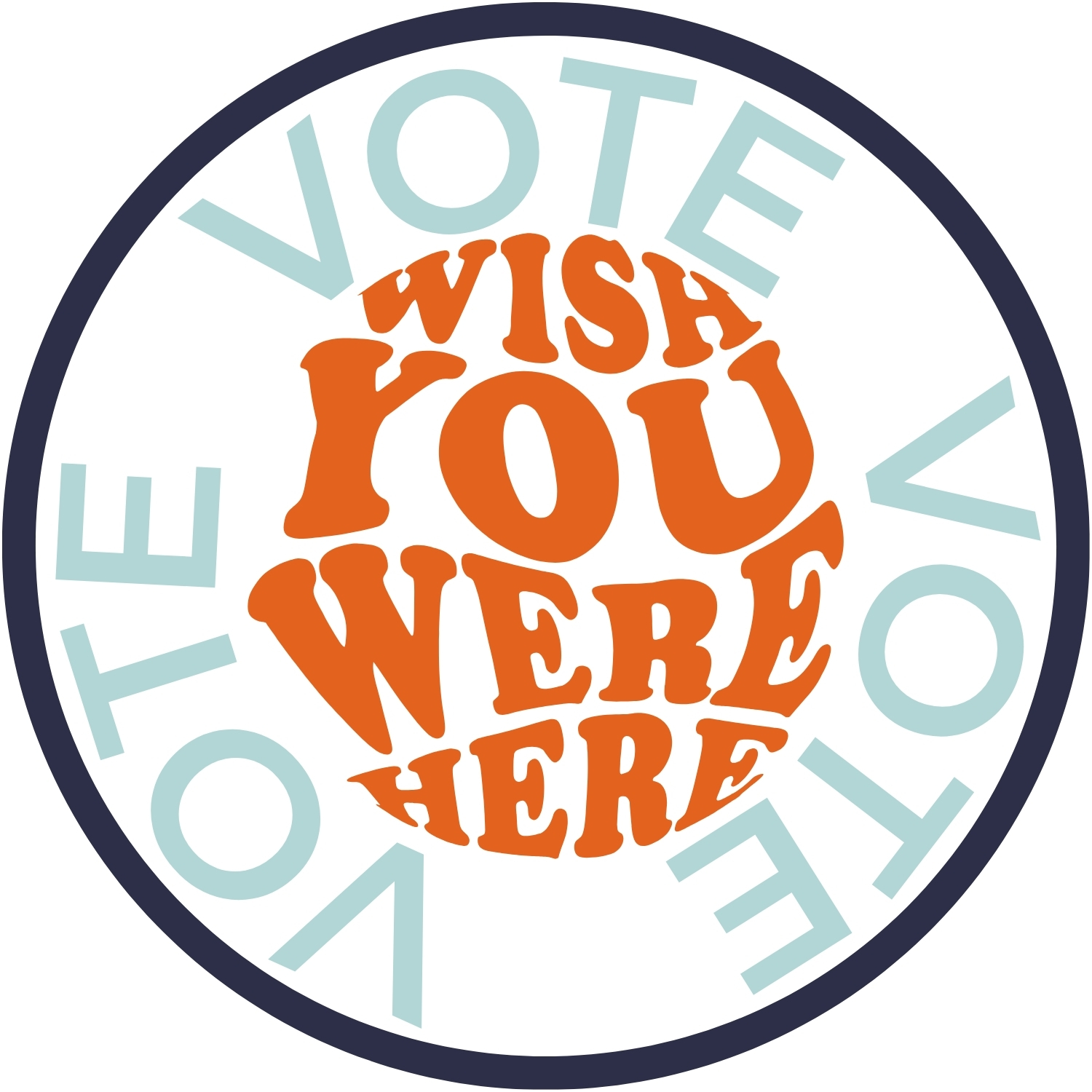The LGBTQ+ community, like many marginalized groups, often grapples with more loneliness and less joy due to discrimination and adversity. However, actively participating in civic duties like voting is crucial in combating this isolation and fostering a sense of belonging.
Alturi aims to encourage approximately 2,000,000 eligible LGBTQ+ individuals who did not vote in the last election to vote this time by highlighting the link between voting and happiness.
Joy
Minnesota is among the top three happiest states. Minnesota’s happiness doesn’t stem from election outcomes but perhaps from the active participation of the voting-eligible population. For example, despite neither of Minnesota’s primary choices appearing on the 2016 general election ballot (Senator Rubio and Senator Sanders), the state achieved the highest voter turnout, with 74% of eligible voters participating. There’s no proof that voting causes happiness; perhaps happiness is more related to participation than outcomes.
The output of participation, not the outcomes, affects happiness.
Belonging
West Virginia saw only about half of eligible voters participating in the 2016 general election. Civic isolation often goes hand in hand with social isolation, making West Virginia the least happiest state in the U.S., according to the World Population Review. While voting is just a factor affecting happiness, the relationship between the two is consistent and hard to ignore. You don’t know if your vote will affect the results of an election. However, you do know that civic engagement is a factor affecting happiness.
Marginalized people can vote simply for a better sense of belonging.
Confidence
The LGBTQ+ community has a choice whether or not to be civically engaged. Civic engagement can foster any community, in battleground and non-battleground states. Despite pundits, predictions, and polls, election outcomes are uncertain. No one can accurately and with certainty predict an election outcome. One thing that can be foolproof is your choice to vote, which confidently connects you to a broader community. A vote of self-confidence expresses self-belief and empowerment, especially for the LGBTQ+ community.
Voting can make a difference in your life and shape the future of the ones you love.
For the 80 million eligible voters who did not participate in the 2020 election, the reason wasn’t the difficulty of registering or voting but rather an alienation or a feeling that their vote wouldn’t make a difference in who was elected. However, the concurrence between voter turnout and individual well-being suggests that voting might make a difference in the person who votes. By shifting the reason for voting from the divisiveness of politics to the personal benefits of voting, especially with the mental health crisis that faces the LGBTQ+ community, we can empower ourselves. Knowing that voting might help one’s well-being is a powerful motivator. Vote for happiness, and participate in the next election for your well-being.
Two million more votes of LGBTQ+ self-confidence can bring joy, belonging, and confidence to a community that will always wish you were here.

